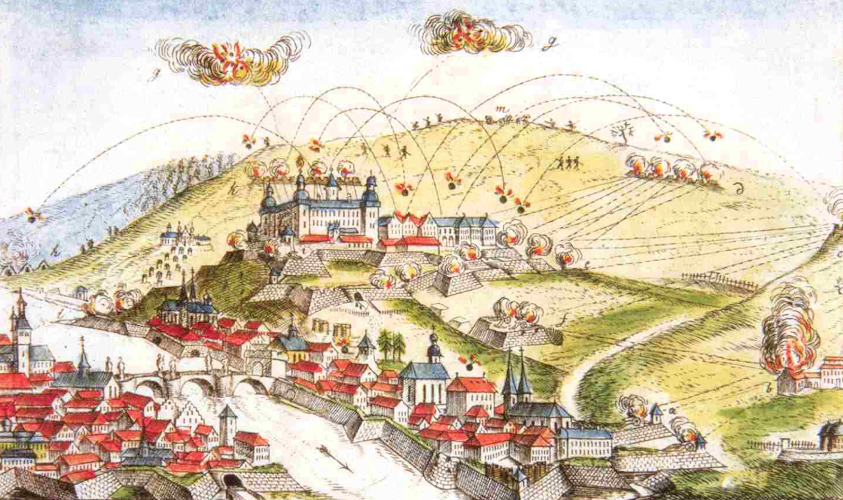
CoSimG - The Conflict Simulation Group
I. Activities
The Conflict Simulation Group (CoSimG), currently located at the University of Würzburg, Germany, has been using conflict simulations as an educational tool from 2009 onwards. Since then, CoSimG has developed several rule sets addressing a variety of topics ranging from Late Bronze Age warfare to 21st c. peer level conflicts, and conducted research on the history of conflict simulations in military training. One of CoSimG’s main areas of activitiy is researching the Prussian Kriegsspiel, the world’s first educational wargame officially adopted. CoSimG has reconstructed the mid- to late 1860s Kriegsspiel with the purpose of providing 21st c. military decision makers an educational experience unlike most other educational wargames currently offer.
CoSimG has run large scale Kriegsspiel type wargames at various military institutions, including:
- NATO Join Warfighting Center, Stavanger
- Royal Danish Defence College, Copenhagen
- German Armed Forces Staff College, Hamburg
- German Army Warfighting Simulation Centre, Wildflecken
- German Army Infantry School, Hammelburg
- German Army School for Military Police and Staff Service, Hanover
CoSimG has also run presentational Kriegsspiel type wargames at various conferences including:
- Wargaming Initiative for NATO 2024 (WIN 24), Allied Command Transformation, Hamburg
- Wargaming Initiative for NATO 2023 (WIN 23), Allied Command Transformation, Rome
- International Wargaming Symposium, Peruvian Naval War College, Lima
CoSimG also runs a regular wargaming course at:
Helmut Schmidt Universität der Bundeswehr, Hamburg.
In 2022, CoSimG has launched a series of publications supporting its wargaming activties; the Occasional Papers series covers the educational wargames designes by CoSimG and includes rulesets and supplementary material. For more information see the publications section on this website.

II. The Conflict Simulation Group
Jorit Wintjes studied Ancient and Contemporary History, Latin and ancient Greek at the University of Würzburg. He wrote a PhD thesis on the Antiochene orator Libanius and a Habilitationsschrift on Roman naval operations in north-western Europe. His research interests include ancient and pre-WWI military history, the role of women in warfare and the use of conflict simulations in officer training, specifically the history and employment of the Prussian Kriegsspiel. He is a professor at the Würzburg Ancient History Department teaching in its History and Digital Humanities programmes.
Steffen Pielström studied biology at the University of Würzburg. He wrote a PhD thesis on organization processes, information use and decision making in ant societies. His current research interests include computational text analysis, the application of quantitative methodology in humanities research, and the simulation and modelling of conflicts. He currently works as a project coordinator at the Department of Literary Computing and teaches data analysis skills in the Digital Humanities programme.
Pia Hofmann Pia Hofmann (geb. Henning) studied Digital Humanities and German Literature at the University of Würzburg. For her MA thesis she digitized the available German Kriegsspiel rule sets to be machine readable and produced the first linguistic analysis of the rule sets as a text genre. For her PhD thesis, she is developing a TEI-schema for the annotation of rule sets and prepares a digital edition and ontology for diachronic and comparative analysis. She is currently working as a research assistant in the field of AI and digital editions at BBAW (Berlin-Brandenburgische Akademie der Wissenschaftender Wissenschaften).